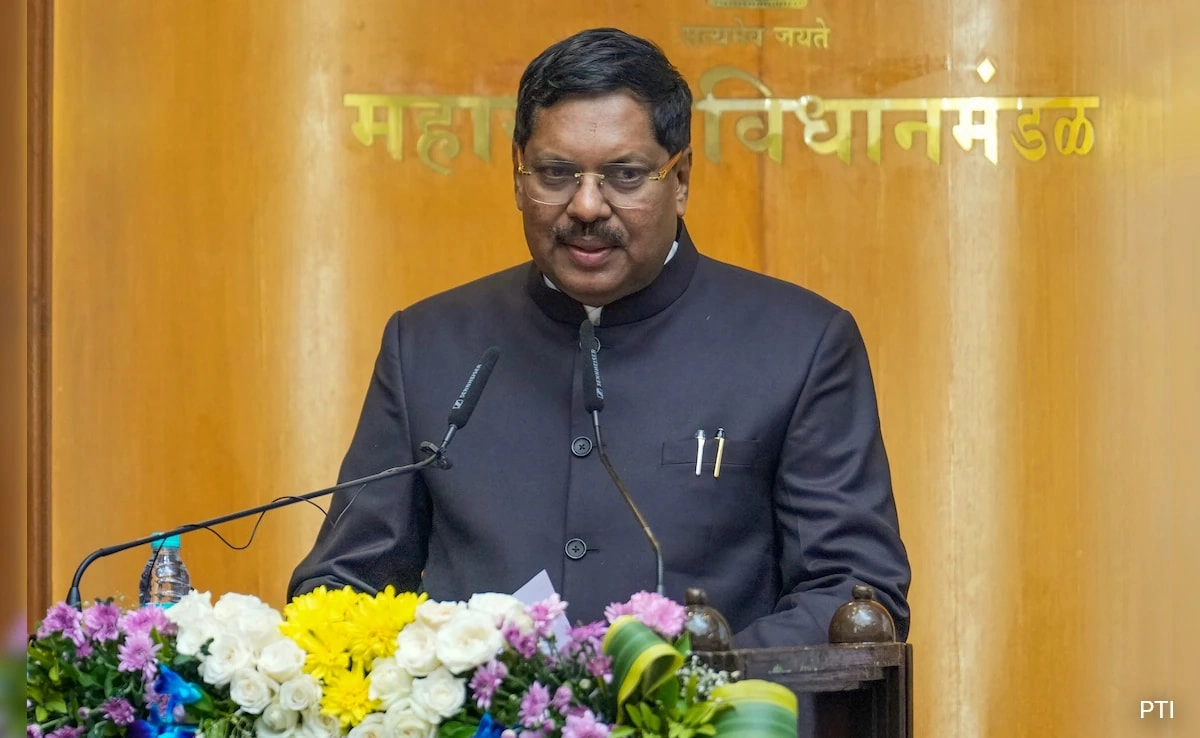Chief Justice BR Gavai’s mother has made headlines with her decision to not attend the upcoming Vijayadashami event organized by the Rashtriya Swayamsevak Sangh (RSS). This decision has sparked discussions and raised eyebrows, particularly given her son’s prominent position as a Chief Justice of the Supreme Court of India. The Vijayadashami festival, celebrated by many in India, holds significant cultural and historical importance, marking the victory of good over evil. It is a time when various organizations, including the RSS, showcase their values and ideologies.
The Chief Justice’s mother, however, has expressed her dissent, emphasizing her personal beliefs and values that may not align with those of the RSS. Her choice not to participate in such a high-profile event highlights the complexities of familial and societal expectations, particularly when it comes to public figures. It raises questions about individual agency and the influence of personal convictions on public life. Her stance is a reminder that even within families, differing political and ideological views can exist, leading to decisions that may be seen as controversial or surprising by the public.
This situation also underscores the broader dialogues surrounding the RSS and its role in Indian society. As a significant organization, the RSS has been both praised and criticized for its influence on politics and culture in India. The Chief Justice’s mother’s decision serves as a poignant example of how personal beliefs can sometimes conflict with familial or societal pressures, particularly in a nation as diverse as India. It is a reflection of the ongoing discourse about individual rights, the intersection of personal and political beliefs, and the delicate balance that public figures must maintain in their personal lives.
Overall, her decision not to attend the Vijayadashami event is emblematic of a broader narrative regarding individual agency within the public sphere, especially in the context of familial ties to influential political or social organizations. This incident may encourage further reflection on the importance of personal integrity and the courage it takes to stand by one’s principles, even when faced with familial expectations or societal norms.




